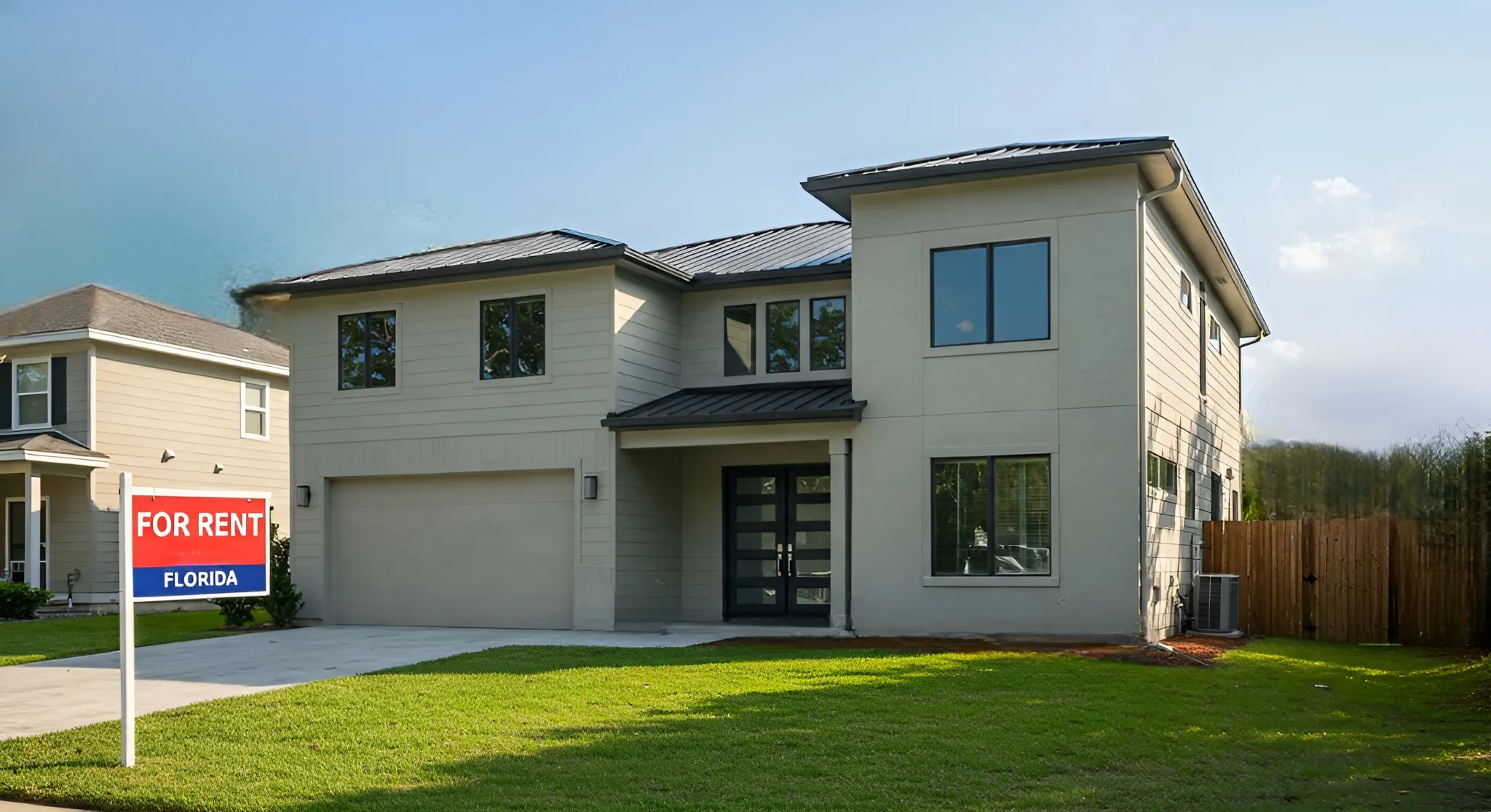Managing rental properties in a fast-moving, high-demand market like Florida can be incredibly rewarding, but also full of pitfalls for those who aren’t prepared. With rising rents, an influx of new residents, and increased competition, the stakes are higher than ever. A few missteps in your management approach can lead to costly consequences, from tenant turnover to legal trouble.
Whether you’re a seasoned investor or a first-time landlord, here are the most common property management mistakes to avoid, and how to set your rental business up for long-term success.
1. Poor Tenant Screening

It’s easy to rush when a unit’s sitting empty, especially in a hot market. But screening tenants too quickly is where many landlords go wrong. A single bad fit can lead to missed rent, damaged walls, or even costly evictions.
Instead, slow down and do it right. Run background checks. Look at credit. Verify employment. Talk to past landlords. Yes, it takes time, but it’s time well spent. Finding the right tenant now is always better than dealing with the wrong one later.
2. Ignoring Preventative Maintenance

Putting off maintenance might seem harmless in the moment, but it usually ends up costing more—both in repairs and in tenant satisfaction. People notice when things are neglected, and that can be the difference between a lease renewal and a moving truck.
Schedule regular inspections, create a seasonal maintenance checklist, and address small issues before they turn into major problems. Not only will this preserve the value of your property, but it will also build trust with tenants.
3. Failing to Understand Local Laws and Regulations

Florida has specific landlord-tenant laws that protect both parties, and failure to comply can result in fines or lawsuits. From security deposit handling to notice periods and fair housing requirements, you need to know the rules.
What to do instead:
Stay up to date on state and municipal regulations or hire MAGASI Management for a knowledgeable property management company that does. Legal missteps can be more than just inconvenient, they can be financially devastating.
4. Overpricing or Underpricing Units

Setting the wrong rent can result in extended vacancies or lost revenue. It’s a delicate balance: set the rent too high, and you risk driving away potential tenants; set it too low, and you leave money on the table.
To make informed decisions, conduct a thorough market analysis. Consider factors such as property size, amenities, location, and current rental rates of comparable units. While online tools provide useful data, local market knowledge often offers a significant advantage.
5. Treating Property Management as Passive Income

Yes, rental income can be passive, but only if the systems behind it are solid. Many landlords underestimate the time and attention it takes to manage leases, respond to tenant requests, and keep financials in order.
If you’re managing on your own, build out processes and stay organized. If you’d rather be hands-off, hire a reliable property management company that can handle everything from rent collection to tenant communications.
Final Thoughts
Florida’s rental market is full of opportunity, but it rewards those who are proactive, knowledgeable, and detail-oriented. By avoiding these common property management mistakes, you’ll not only protect your investment but also enhance tenant satisfaction and maximize returns. Smart management isn’t just about keeping up, it’s about staying ahead.




